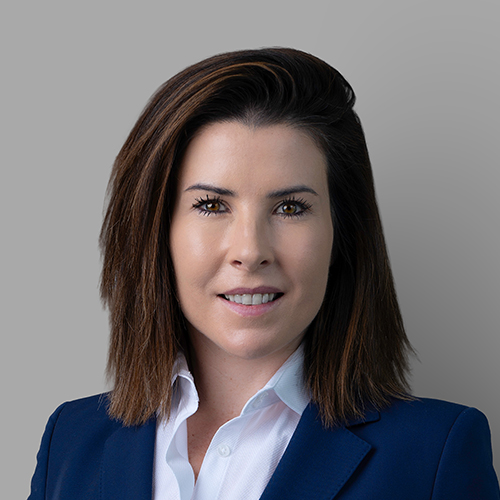The expansion of Al Maktoum International Airport (DWC) represents a major shift in Dubai’s logistics sector.
Once complete, it will be the largest airport in the world by capacity, reinforcing Dubai’s position as a critical global trade and distribution hub. But its impact won’t be limited to aviation, it will reshape how industrial real estate is developed, occupied, and invested in across the city.
Dubai South Leads the Shift
Dubai South will be the primary beneficiary due to its proximity to DWC, direct access to Jebel Ali Port, and ability to scale with demand. Its integrated masterplan - linking air, sea, and road - gives it a competitive advantage for regional fulfilment. Connectivity will be further strengthened by Etihad Rail, which will link DWC and JAFZA to Abu Dhabi and the northern emirates, enabling faster land-based cargo movement across the country. In addition, incentives from Dubai South, including long-term land leases, flexible zoning, and streamlined licensing, are already drawing logistics and light industrial tenants to the area.
The tenant base around DWC is evolving quickly. Beyond traditional freight operators, there is strong interest from e-commerce giants, 3PLs, aerospace suppliers, automotive distributors, and cold-chain operators. As global supply chains shift, leasing demand is tilting toward larger, bespoke facilities equipped with automation, temperature control, and compliance-ready specifications. Tenants are increasingly seeking digitally enabled, ESG-conscious environments, with smart warehouses and AI-driven fulfilment becoming the new standard.
The growth of DWC is also expected to unlock activity in bonded storage, build-to-suit (BTS) assets, and light manufacturing, particularly for electronics and automotive parts. Dubai South and JAFZA, with their regulatory flexibility and scalable land, are well positioned to support final assembly, reverse logistics, and high-spec storage.
Investment Momentum and Competitive Landscape
Compared to global logistics hubs such as Changi and Hong Kong, Dubai offers distinct advantages: more land for expansion, faster customs and development approvals, a lower cost base, and a strategic location connecting Asia, Europe, and Africa within eight hours. With Al Maktoum’s expansion, these advantages will deepen, further entrenching Dubai as the region’s most capable logistics platform.
Investor sentiment is rising in step with demand. Institutional capital and REITs are increasingly targeting industrial assets near DWC for their long-term yield potential, ESG alignment, and built-in resilience. Interest is strongest in cold-chain, DG-compliant, aerospace-grade, and smart-certified logistics stock. As availability tightens, lease rates are expected to rise and cap rates may compress, particularly in prime corridors around Dubai South.
Still, risks remain. Construction and financing costs continue to fluctuate. Lease incentives may obscure underlying tenant credit risk. Specialised facilities, such as those for dangerous goods or high power usage, could face longer approval timelines. And with KSA and Abu Dhabi investing heavily in their own logistics infrastructure, the competitive landscape is likely to intensify.
As Al Maktoum International grows, so too will the scale and sophistication of Dubai’s logistics market. The focus now is on high-spec, compliance-ready assets that meet the needs of next-generation, sustainable supply chains. Those who move early, and build accordingly, will be best placed to lead this next chapter in the UAE’s industrial real estate story.




